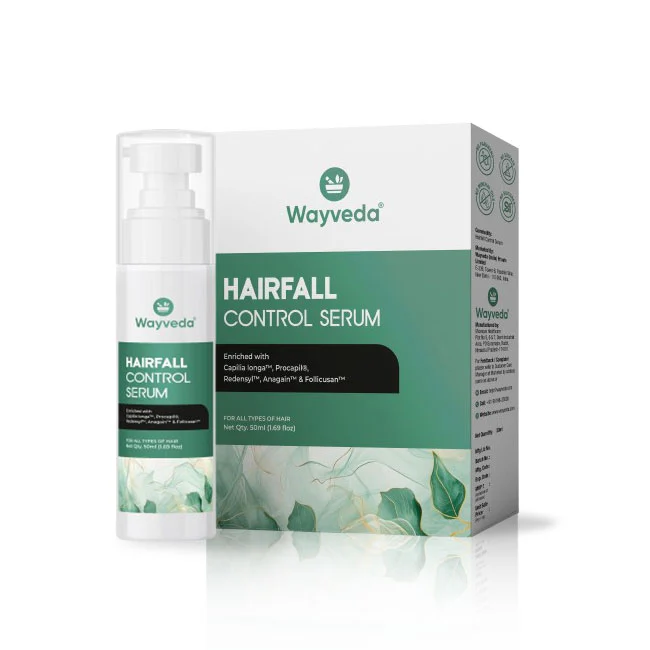Maintaining intimate hygiene is an essential part of overall health, yet it’s often overlooked in daily self-care routines. For both men and women, intimate areas are sensitive and prone to infections, irritation, and discomfort if not cared for properly.
A balanced intimate care routine not only ensures freshness but also prevents bacterial growth, bad odour, and long-term health issues. Just like brushing teeth or washing your face, intimate hygiene deserves equal attention.
In this blog, we will learn a simple yet effective daily intimate care routine for men and women along with hygiene tips that you must follow.

1. Cleanse Daily but Gently
The intimate area requires cleansing every day, but it should be done gently. For women, the vagina has its own self-cleaning mechanism, so harsh soaps or scented gels can disrupt its natural pH.
Men, too, must ensure that the genital area is washed daily with mild, unscented cleansers to avoid bacterial buildup. Instead of using strong soaps, opt for intimate washes formulated specifically for sensitive areas. Remember, over-cleansing can strip away natural oils, leading to dryness and irritation.
2. Maintain the Right pH Balance
pH balance plays a vital role in intimate hygiene. Women, in particular, need to maintain a vaginal pH of around 3.8 to 4.5 to keep harmful bacteria at bay. Men also benefit from products that don’t disrupt the skin’s natural balance.
Using harsh chemicals, talcum powders, or fragranced products can disturb this balance, making you prone to itching or infection. A good quality intimate wash, free from parabens and sulphates, should be a part of your daily routine.
3. Practice Proper Washing Technique
It’s not just about washing it’s about how you wash.
- For women: Always wash the intimate area from front to back to prevent the transfer of bacteria from the anus to the vagina.
- For men: Clean under the foreskin if uncircumcised, as smegma buildup can lead to infection and odour.
Avoid scrubbing or using sponges, as these can cause microtears. Instead, use your hands and rinse thoroughly with lukewarm water.

4. Dry the Area Completely
Moisture is the biggest enemy of intimate health. After washing, make sure to dry the genital area thoroughly with a soft, clean towel. Dampness creates the perfect breeding ground for bacteria and fungi, leading to infections like yeast infection or jock itch.
For those prone to sweating, consider using breathable cotton undergarments to allow airflow and reduce moisture retention.
5. Wear the Right Underwear
Choosing the right underwear is one of the simplest yet most effective intimate hygiene practices. Cotton underwear is best as it allows the skin to breathe and absorbs excess moisture. Avoid synthetic fabrics that trap heat and sweat.
Also, ensure you change underwear daily, and more than once if you’re sweating or after workouts. For women, avoid overly tight underwear or panty liners for long hours, as they block ventilation and cause irritation.
6. Stay Hydrated and Maintain a Healthy Diet
What you eat and drink plays a direct role in intimate health. Staying hydrated flushes out toxins and supports natural lubrication. A diet rich in probiotics, like yogurt and kefir, helps maintain healthy bacterial balance, especially in women.
Men, too, benefit from a diet rich in vitamins and minerals that keep reproductive and urinary health in check. Limiting processed foods and excess sugar is equally important as they can trigger bacterial overgrowth.
7. Manage Hair with Care
Intimate hair care is often neglected or overdone. While trimming pubic hair is a personal choice, maintaining it helps in hygiene. Shaving or waxing should be done with proper care, using clean tools to avoid infections.
Avoid sharing razors and always moisturize the area with a gentle, non-irritating lotion after hair removal. For men, keeping pubic hair trimmed reduces sweat accumulation and odour.
8. Safe Practices During Sexual Activity
Intimate hygiene isn’t just about daily cleansing it extends to sexual health. Always wash the genital area before and after intercourse to remove sweat, bacteria, and bodily fluids.
For women, urinating after sex helps flush out bacteria and lowers the risk of urinary tract infections (UTIs). Men should ensure proper cleanliness as well, especially if condoms or lubricants are used, since residue can cause irritation if not washed off.

9. Stay Alert to Changes
Your body often signals when something is wrong. Pay attention to signs such as unusual odour, discharge, itching, redness, or persistent discomfort. For men, swelling, pain, or unusual spots should not be ignored.
For women, irregular discharge or burning sensation may indicate an infection. Seeking medical advice early ensures timely treatment and prevents complications.
10. Special Care During Periods (for Women)
For women, periods require extra care. Changing sanitary pads or tampons every 4–6 hours prevents bacterial growth and bad odour. Menstrual cups should be cleaned properly before and after use.
Avoid using fragranced wipes during menstruation as they may cause irritation. Maintaining cleanliness during this time is critical for long-term intimate health.
Conclusion
Daily intimate care is more than just a routine, it’s a form of self-respect and health preservation. Both men and women need to adopt simple yet effective habits like gentle cleansing, maintaining pH balance, proper drying, wearing breathable underwear, and practicing safe sexual hygiene.
Ignoring these can lead to infections, discomfort, and lowered confidence. By making intimate hygiene a non-negotiable part of your daily self-care, you ensure freshness, comfort, and long-term well-being.
FAQs
1. Can I use normal soap for intimate hygiene?
No, regular soaps can disrupt the natural pH balance. Use a mild, pH-balanced intimate wash.
2. How often should I wash the intimate area?
Once daily is sufficient, though you can rinse with water after sweating or workouts.
3. Is shaving pubic hair necessary for hygiene?
Not necessary, but trimming helps reduce sweat and odour. It’s a personal choice.
4. What should women avoid during menstruation for hygiene?
Avoid keeping pads/tampons for too long and skip fragranced wipes or sprays.
5. Can poor intimate hygiene affect fertility?
Yes, untreated infections caused by poor hygiene may affect reproductive health in both men and women.












